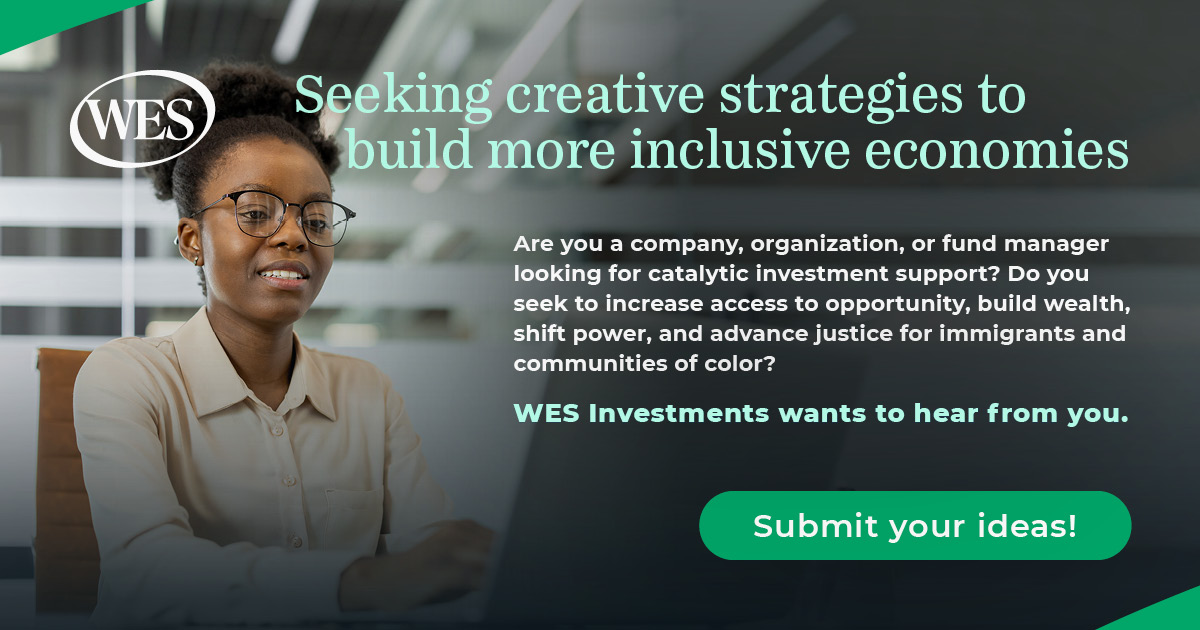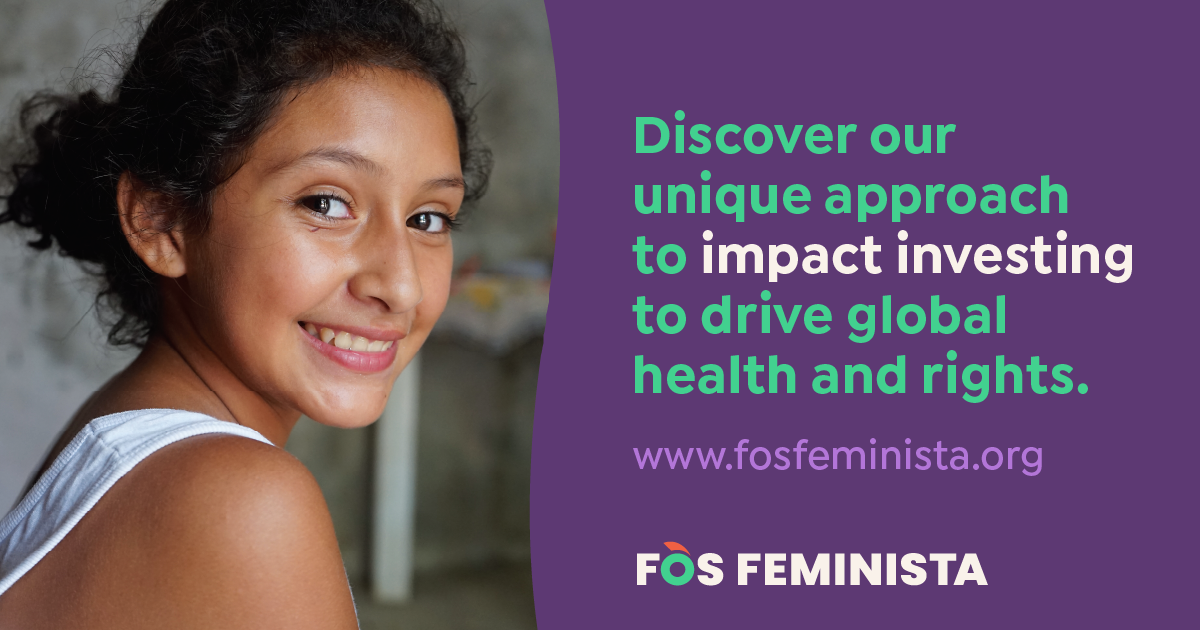“The tipping point is that magic moment when an idea, trend, or social behavior crosses a threshold, tips, and spreads like wildfire.”
Malcolm Gladwell
One of my closest college friends started working for a small advertising company in Dallas right after graduation. She was quickly recruited by inc., who moved her to San Francisco. Not long after that, she moved to their corporate social responsibility department – though I’m not sure it was called that in 1999. And then the move to Volunteer Match and eventually part of a team that started Universal Giving, both organizations created to connect corporate employees with nonprofits.
Even twenty years ago we knew that a huge part of having a successful CSR program was marketing it – that’s why companies like inc. put people from their marketing department in their CSR departments. It’s also why organizations that were trying to grow their public-private partnerships hired marketing professionals to run their projects. Getting companies to implement CSR programs and getting their employees to participate required skilled marketers who could convince everyone involved that it was good for them – and the company – to do good.
The world has changed very quickly in the past few years. Not only has social media and digital marketing opened up a whole new way to engage your employees, potential employees, and customers, but, in many cases, it’s these people who are telling companies they need to do better – not the other way around.
Recent data tells us that 86% of Millennials and a majority of all workers want to work for companies that have an active social responsibility plan and are taking a stand on current issues. This can be contrasted with data from 2010 that showed only 25% of workers who volunteered were doing it through their employer.
And, of course, we’ve heard about Wayfair employees walking out to protest the sale of furniture to detention centers, fast food workers striking in an attempt to get their pay raised, and Amazon workers calling out sick to protest unsafe and unethical working conditions in the early days of COVID-19.
The other thing that has shifted is that employees aren’t just looking for companies that say they support their values and have strong CSR policies, they want proof.
And here is where the connection to marketing in today’s world shows up big and bold. It’s not just working for purpose-driven companies that we want. Over 3/4 of respondents to a 2019 study said they tell their friends about purpose-driven companies and 2/3 said they share information about these companies on their own social media.
Today’s world is all about sharing everything you believe, care about, and do on social media. It’s how people find their people and how they gain social validation. This is a trend that is here to stay and even rising.
We are at a unique tipping point where employees no longer have to be convinced to engage in social activism, employees and consumers are seeking brands that share their values and can prove it, and everyone is sharing everything they do.
This intersection is exactly the place where Xocial lives. Xocial is not your average social impact or CSR consulting firm. They have created an app that measures positive social impact instead of popularity. They work with companies to create challenges that reward people (employees and/or the general public depending on the campaign) for doing good. There’s a leader board and points are earned for sharing not just on the Xocial platform, but on your own social media. The challenges are combined with sponsorship and integrated donations, making it easy to see real-time positive impact. And, detailed reporting gives the company a real Social Return on Investment.
The real game-changer here though is their unique and patented XO score. I had the pleasure of speaking with Lauren Duffield, their Strategic Partnerships and CSR lead, and between her enthusiasm, her vision, and the truly original system they have created, she 100% won me over.
Lauren’s #1 goal? She’s got 3 of them.
• The XO score will be universally recognized.
• People will generate personal and professional opportunities because of their XO scores, such as discounts on products, dating apps highlighting it, video games giving you more power-ups, and insurance companies lowering your rates.
• The question, “What’s your XO?” will replace “What do you do?” as the most common party/networking question.
All in a day’s work, right?
The reason this platform is so game-changing isn’t just because it’s gamified and makes doing better fun or because you get to share what you are doing on social media and prove to the world how much better you are doing – both of those things are true – it’s because it starts sharing the social impact of a company immediately and simply. It means no more searching a company’s website to find their impact report, downloading it, and slogging through the stories and data to figure out if they are really doing what they say they are doing. It means no more reading the values page of a brand and trying to decipher if what’s there is fancy copy or a true mission statement.
Instead, consumers can see exactly how much positive impact a brand is having by checking their XO score. Trying to decide between two different natural deodorants? No problem, check the XO score. Wondering if your natural beauty brand is as committed to sustainability as their Instagram feed says they are? No problem, check their XO score.
Wondering whether you’ll fit in at a company that gave you a job offer? No problem, check their XO score.
This also means companies know exactly how they are doing. Between the instant XO score and the detailed Social Return on Investment report, companies will know whether the perception of their brand, the literal positive impact of their brand, and their social responsibility statement are in alignment.
This is the tipping point.
And Lauren is using her personal mission of showing the world that every organization has the responsibility AND the power to create positive change to push us over that edge. And why not? At just 31 years old, she’s already been to 30 countries, raised $16,000 for healthcare for kids in South Africa, and launched her own consulting company.
She’s also operating on the core belief that even the scammers help propel the movement towards a more conscious world and that as momentum picks up more and more brands who are actually doing good things – and the world can see that through their XO score! – the fake and those resistant to change will fall behind. It’s a whole new definition of survival of the fittest – where only the good survive.







